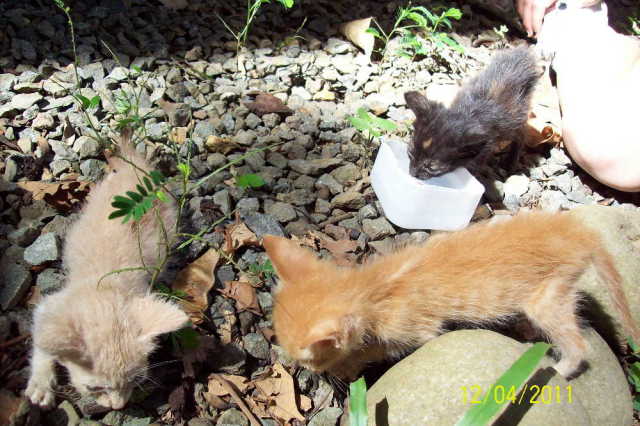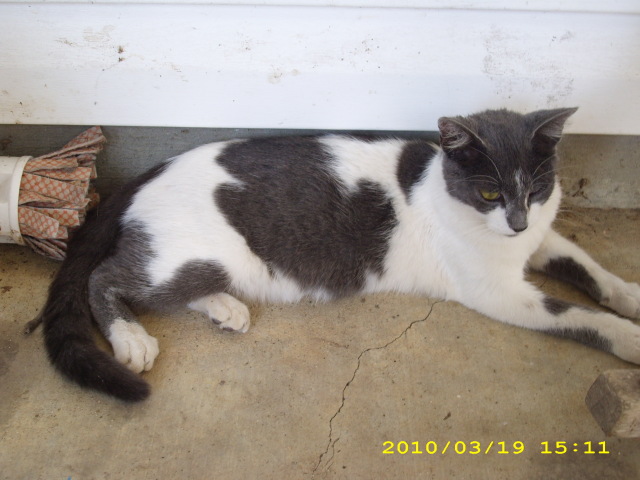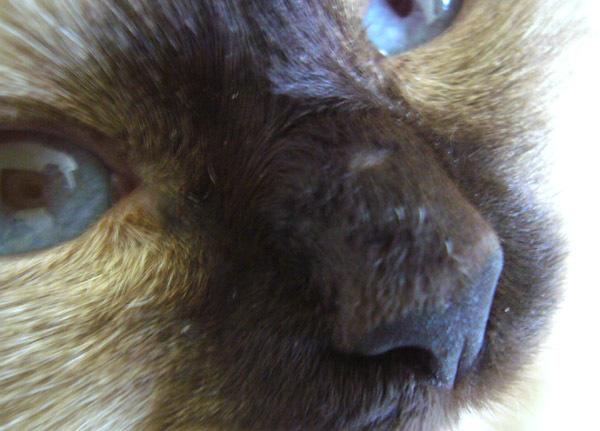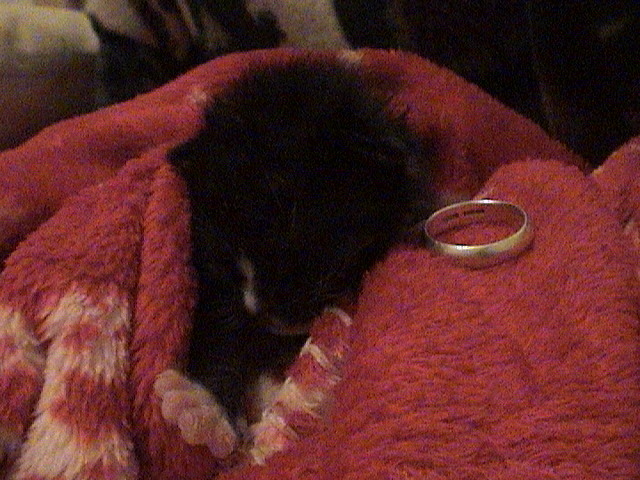QuestionOur 17-year-old Russian Blue has always been a puker but lately it's every day. We switched to soft food because he stopped wanting the hard food. Since he was still throwing up every day, we switched back to hard. Still throwing up but not eating as much. He also for the last year has done this gutteral meowing while carrying one sock in his mouth. He also has taken the role of being our alarm Cat with gutteral moaning/meowing every 15 minutes to a half hour in the morning to get us up. So gutteral meowing and throwing up excessively. Any suggestions?
AnswerHi Melinda. The strange meowing with the sock in his mouth is actually somewhat common. Nobody's sure why cats do this, but most suspect it's either a parenting or hunting behavior. Some cats drag the items to their beds, which may indicate they are treating it as young, or may place it in their food bowls, indicative that they had viewed it as prey.
His behavior in the morning is also common. It sounds like he's lonely and is anxious for you to get up. Sometimes this is considered normal attention-seeking behavior. Sometimes it's motivated by anxiety. And in older cats, it can be caused by Cognitive Dysfunction, very similar to human Alzheimer's. Cats with Cognitive Dysfunction typically will cry all night long, however, and have other behavioral problems such as confusion, litter box issues, depression and mood swings. For now, you might want to keep your kitty in a room far from your bedroom overnight, so you can get your full night's sleep, and see if it breaks the behavioral pattern he's developed. But if the behavior doesn't improve, you should consult a vet about possible anxiety or Cognitive Dysfunction. There are helpful treatments for both.
His vomiting is worrisome, however. It's possible that his system has just become very sensitive in his old age, and a prescription food that's very easy to digest might help. But he may have succumbed to a stomach bug, such as the protozoan germs coccidia and giardia. Some cats can carry these germs for years without ever showing symptoms, until the infection rages out of control. These should be treated with antibiotics.
Additionally, older cats are at high risk for kidney failure, a common cause of chronic vomiting and lack of appetite. Liver disease is another possibility. Your vet will probably recommend a senior blood pannel to check his organ function. If he is in kidney failure, there are some things you can do to slow the progression, such as feed a special diet, administer prescriptions and supplements, and give fluids under the skin.
If all his blood tests come back normal, your cat could be suffering from a condition called Inflammatory Bowel Disease. This is an unexplained inflammation of the gastrointestinal tract, and it causes chronic vomiting or diarrhea in its victims. The condition is painful, and malnutrition is certain to develop if it isn't controlled. Fortunately, most cats respond to an inexpensive corticosteroid treatment. Sometimes a diet change is also helpful.
Best of luck, I hope all turns out well!
Jessica

 Orphaned baby kittens in the rainforest
Question
kittens
Hello,
My wife and I are volunteers in
Orphaned baby kittens in the rainforest
Question
kittens
Hello,
My wife and I are volunteers in
 My cat, Spots
QuestionQUESTION: Hi. My cat Spots is a wonderful cat.
My cat, Spots
QuestionQUESTION: Hi. My cat Spots is a wonderful cat.
 What is the breed of my cats
Question
1st
Hello Ali
Thanx for giving us time to get
What is the breed of my cats
Question
1st
Hello Ali
Thanx for giving us time to get
 Bald spot on my cats nose
Question
bald spot
Hello Jessica,
Today I notic
Bald spot on my cats nose
Question
bald spot
Hello Jessica,
Today I notic
 Orphaned Kitten
QuestionQUESTION: My partner and l are very much animal
Orphaned Kitten
QuestionQUESTION: My partner and l are very much animal